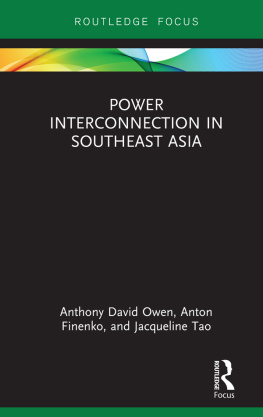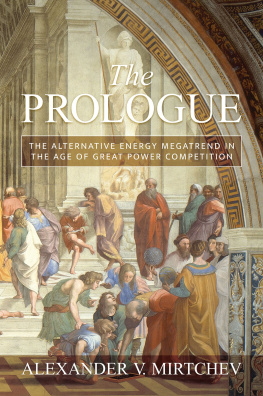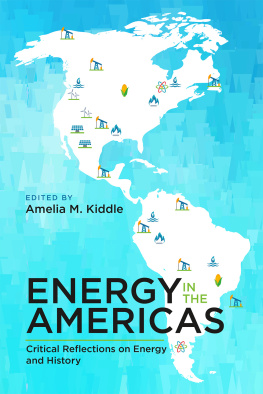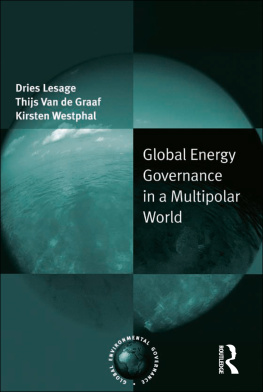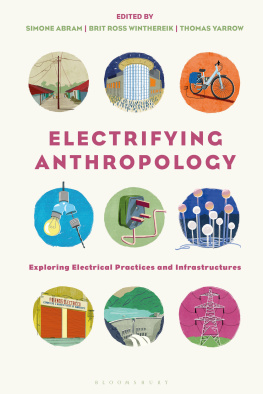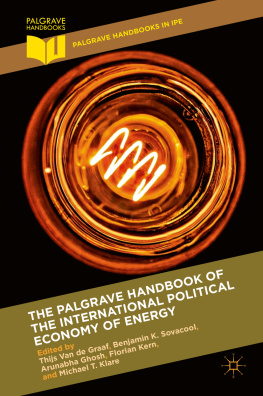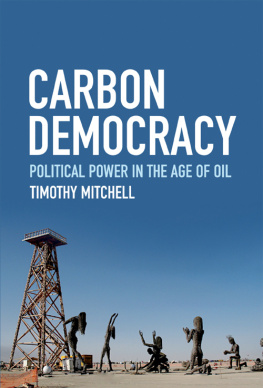ETHNOGRAPHIES OF POWER
EASA Series
Published in Association with the European Association of Social Anthropologists (EASA)
Series Editors: Jelena Toi, University of St. Gallen; Sabine Strasser, University of Bern; Annika Lems, Max Planck Institute for Social Anthropology, Halle
Social anthropology in Europe is growing, and the variety of work being done is expanding. This series is intended to present the best of the work produced by members of the EASA, both in monographs and in edited collections. The studies in this series describe societies, processes and institutions around the world and are intended for both scholarly and student readership.
Recent volumes:
42. ETHNOGRAPHIES OF POWER
A Political Anthropology of Energy
Edited by Tristan Loloum, Simone Abram and Nathalie Ortar
41. EMBODYING BORDERS
A Migrants Right to Health, Universal Rights and Local Policies
Edites by Laura Ferrero, Chiara Quagliariello and Ana Cristina Vargas
40. THE SEA COMMANDS
Community and Perception of the Environment in a Portuguese Fishing Village
Paulo Mendes
39. CAN ACADEMICS CHANGE THE WORLD?
An Israeli Anthropologists Testimony on the Rise and Fall of a Protest Movement on Campus
Moshe Shokeid
38. INSTITUTIONALISED DREAMS
The Art of Managing Foreign Aid
Elbieta Drkiewicz
37. NON-HUMANS IN AMERINDIAN SOUTH AMERICA
Ethnographies of Indigenous Cosmologies, Rituals and Songs
Edited by Juan Javier Rivera Anda
36. ECONOMY, CRIME AND WRONG IN A NEOLIBERAL ERA
Edited by James G. Carrier
35. BEING-HERE
Placemaking in a World of Movement
Annika Lems
34. EXPERIMENTAL COLLABORATIONS
Ethnography through Fieldwork Devices
Edited by Adolfo Estalella and Toms Snchez Criado
33. BACK TO THE POSTINDUSTRIAL FUTURE
An Ethnography of Germanys Fastest- Shrinking City
Felix Ringel
For a full volume listing, please see the series page on our website: https://www.berghahnbooks.com/series/easa
ETHNOGRAPHIES OF POWER
A Political Anthropology of Energy
Edited by Tristan Loloum, Simone Abram and Nathalie Ortar
First published in 2021 by
Berghahn Books
www.berghahnbooks.com
2021 Tristan Loloum, Simone Abram and Nathalie Ortar
All rights reserved. Except for the quotation of short passages for the purposes of criticism and review, no part of this book may be reproduced in any form or by any means, electronic or mechanical, including photocopying, recording, or any information storage and retrieval system now known or to be invented, without written permission of the publisher.
Library of Congress Cataloging-in-Publication Data
Names: Loloum, Tristan, editor. | Abram, Simone, editor. | Ortar, Nathalie, editor.
Title: Ethnographies of power : a political anthropology of energy / edited by Tristan Loloum, Simone Abram and Nathalie Ortar.
Description: New York, N.Y. : Berghahn Books, 2021. | Series: EASA series ; 42 | Includes bibliographical references and index.
Identifiers: LCCN 2020051924 (print) | LCCN 2020051925 (ebook) | ISBN 9781789209792 (hardback) | ISBN 9781800730380 (ebook)
Subjects: LCSH: Power resourcesSocial aspects. | Energy consumptionSocial aspects. | Energy industriesSocial aspects. | Power (Social sciences)
Classification: LCC HD9502.A2 E86 2021 (print) | LCC HD9502.A2 (ebook) | DDC 333.79dc23
LC record available at https://lccn.loc.gov/2020051924
LC ebook record available at https://lccn.loc.gov/2020051925
British Library Cataloguing in Publication Data
A catalogue record for this book is available from the British Library
This work is published subject to a Creative Commons Attribution Noncommercial No Derivatives 4.0 International license.
The terms of the license can be found at https://creativecommons.org/licenses/by-nc-nd/4.0/.
For uses beyond those covered in the license, contact Berghahn Books.
The electronic open access publication of Ethnographies of Power has been made possible through the generous financial support of the Swiss National Science Foundation.
ISBN 978-1-78920-979-2 hardback
ISBN 978-1-80073-038-0 open access ebook
Contents
Tristan Loloum, Simone Abram and Nathalie Ortar
Raminder Kaur
Chris Hebdon
Austin Lord and Matthus Rest
Aleksandra Lis
Elisabeth N. Moolenaar
Nathalie Ortar
Leo Coleman
Figures
Acknowledgements
The editors would particularly like to thank the participants in the Energy Anthropology Network (EAN). EAN has made great strides in its first few years in consolidating discussions around energy anthropologies, and we are particularly grateful for the enthusiastic support of its members and to the EASA committee for supporting the foundation of the network. We should like to thank the participants in the EAN panel at the Milan EASA conference for their contribution to getting this volume off the ground.
We would also like to thank the anonymous reviewers who gave us such helpful advice and constructive comments to improve the volume, as well as thanks to the editors at Berghahn Books and the former EASA series editor, Aleksandar Bokovi, for his timely encouragement and guidance.
Introduction
Politicizing Energy Anthropology
Tristan Loloum, Simone Abram and Nathalie Ortar
A political anthropology of energy starts from the position that energetic infrastructures are pivots for sociopolitical inquiry. They facilitate the contours of the state and local communities, both in their material existence and in their projection of imaginaries into the future and into a global environment. Not only is energy at the core of many economic interests, geopolitical struggles and international relations, but energy technologies are also central to modernist ideologies and neoliberal narratives. A political anthropology approach is one that can begin to unpack such tightly knitted sociomaterial and sociotechnical forms, tracing the links between material forms, concepts and ideologies and elaborating the forms of power that are thereby enabled or inhibited.
Ethnographies of Power compiles topical case studies and analysis of contemporary entanglements of energy materialities and political power. Based on original contributions with a strong ethnographic sensibility, it revisits some of the classic anthropological notions of power by questioning the role of energetic infrastructures and their current transformations in the consolidation, extension or subversion of modern political regimes. The choice of an ethnographic approach follows the intention to move away from large abstract explanatory theories and conceptual generalizations by attending to the contextual particularities of energopolitical regimes (Rogers 2014). In doing so, we also seek to emphasize subaltern or alternative voices that are often overshadowed in energy debates by hegemonic discourses based on expert knowledge, technocentric thinking and other forms of authority. The cases presented here unravel the arrangements of technological infrastructures, institutions and discourses of truth on which energopolitical regimes are built, showing how energy implicates citizens and subjects in multiple relations of power that affect their political identity, sense of belonging, territorial anchorage, collective emotions, knowledge, conceptions of the future, and their access to states and to human rights.


